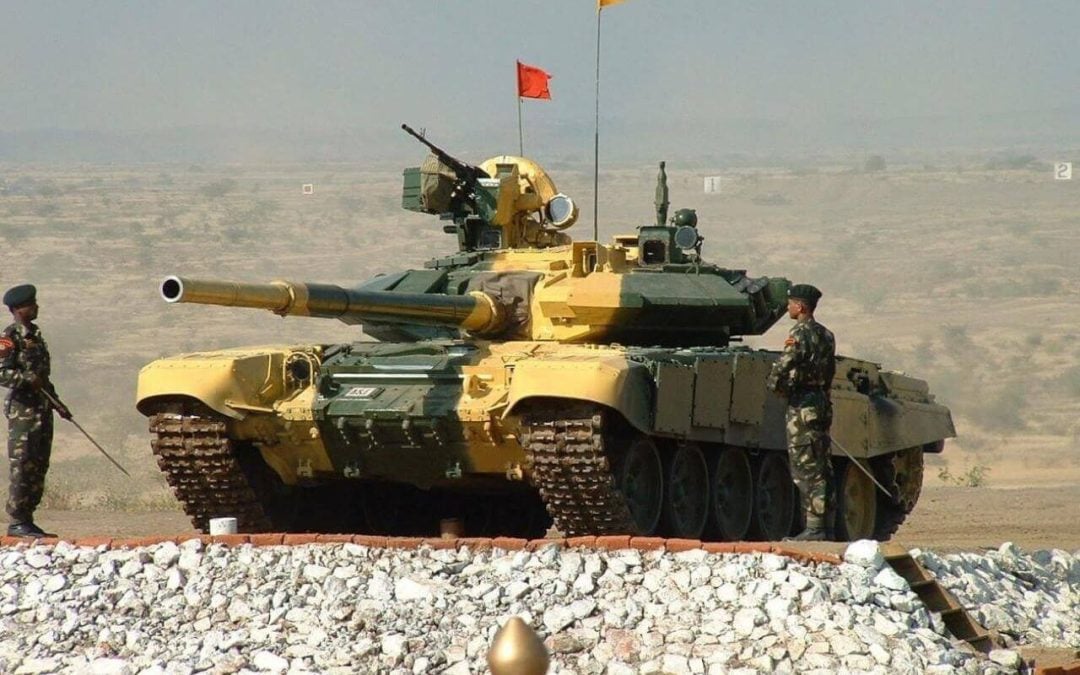The Price-to-Earnings Growth (PEG) ratio is a financial metric that combines a company’s price-to-earnings (P/E) ratio with its earnings growth rate. It is calculated by dividing the P/E ratio by the company’s expected earnings growth rate.
A PEG ratio of 1 is generally considered to indicate that a stock is fairly valued, as the price aligns with the company’s growth rate. A ratio below 1 suggests that the stock may be undervalued relative to its growth potential, while a ratio above 1 could indicate overvaluation.
GPT Infraprojects Ltd
GPT Infraprojects is a leading infrastructure development company in India, primarily engaged in the construction of railways, bridges, and highways. The company has a strong presence in the infrastructure sector, with a focus on quality and timely execution of projects.
The PEG ratio of the stock stands at 0.59, the current market price is Rs. 93.09, which is significantly lower than its 52-week high of Rs. 207. This reflects a decline of 55 percent from its peak.
Party Cruisers Ltd
Party Cruisers Ltd is an event management and hospitality company that specializes in wedding curation and execution, focused on end to end management by working with eminent service providers. It also provides venues for corporate and social events, aiming to offer unique and luxurious experiences to its customers.
The PEG ratio of the stock stands at 0.52, the current market price is Rs. 95.2, which is significantly lower than its 52-week high of Rs. 140. This reflects a decline of 32 percent from its peak.
Jammu and Kashmir Bank Ltd
Jammu and Kashmir Bank Ltd is a major commercial bank in India, headquartered in Srinagar, with a wide network of branches. It offers a range of banking services, including retail, corporate, and investment banking, serving customers across the country.
The PEG ratio of the stock stands at 0.15, the current market price is Rs. 92.2, which is significantly lower than its 52-week high of Rs. 147. This reflects a decline of 38 percent from its peak.
Jai Corp Ltd
Jai Corp Ltd is a diversified company with interests in sectors such as plastics, real estate, and infrastructure development. The company focuses on manufacturing products like plastic films and textiles, alongside real estate development ventures.
The PEG ratio of the stock stands at 0.48, the current market price is Rs. 91.5, which is significantly lower than its 52-week high of Rs. 438. This reflects a decline of 79 percent from its peak.
Sunil Industries Ltd
Sunil Industries Ltd is a manufacturing company known for its production of various industrial products, particularly in the field of textile and fabrics. It serves both domestic and international markets, offering high-quality products to meet industrial needs.
The PEG ratio of the stock stands at 0.81, the current market price is Rs. 90.4, which is significantly lower than its 52-week high of Rs. 119.25. This reflects a decline of 24 percent from its peak.



